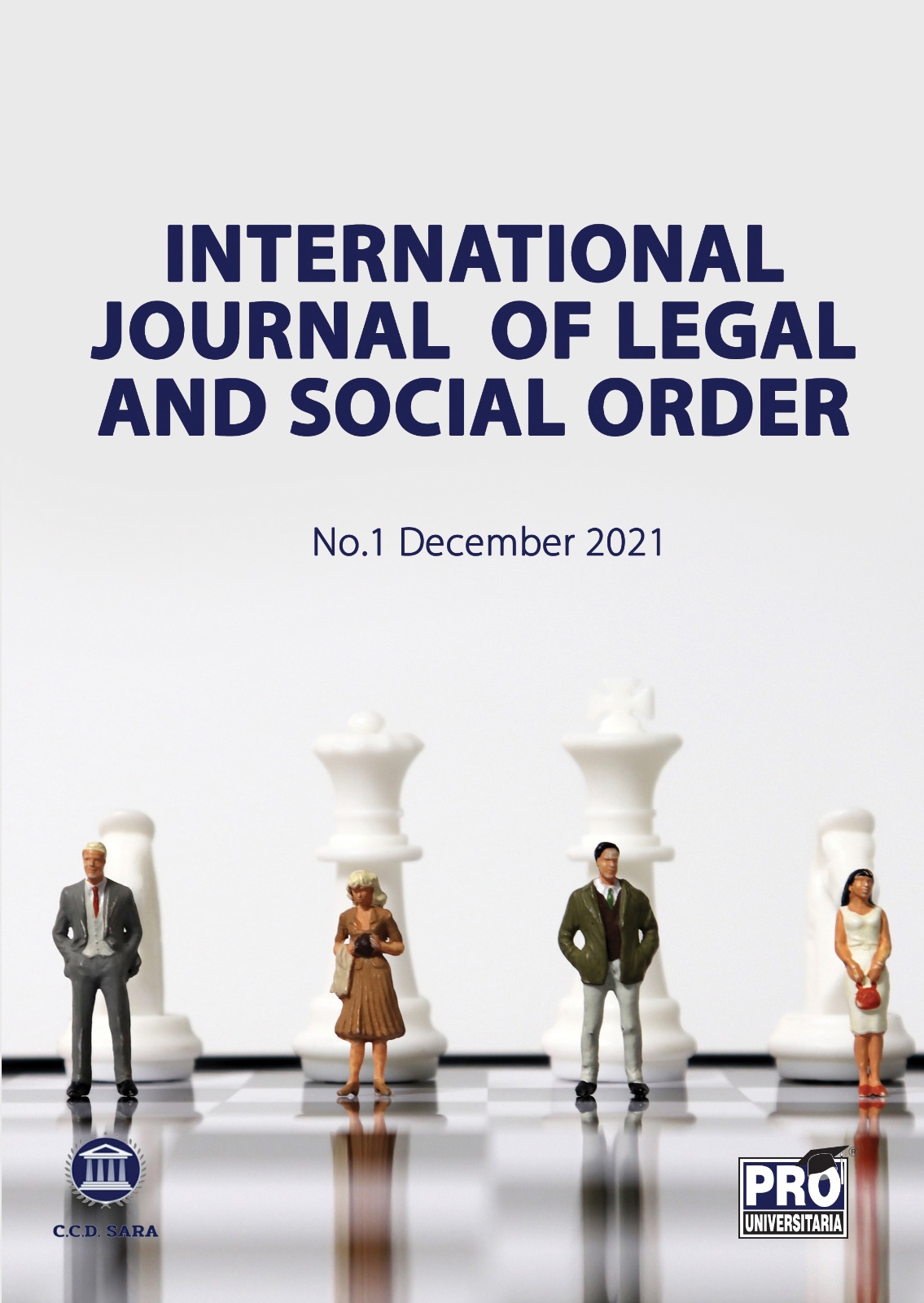LEGISLATIVE DELEGATION IN THE ROMANIAN CONSTITUTIONAL SYSTEM
LEGISLATIVE DELEGATION IN THE ROMANIAN CONSTITUTIONAL SYSTEM
Author(s): Florin Călin MateiSubject(s): Law, Constitution, Jurisprudence, Constitutional Law, Comparative Law
Published by: Centrul de Cercetare în Drept SARA
Keywords: legislative delegation; ordinances; enabling law;
Summary/Abstract: Charles de Montesquieu says, “anyone in power tends to abuse it”, this is not done in a rule of law. Thus, as a reaction to this problem, the aforementioned author elaborated the principle of separation of powers, which enshrines the three powers existing in a democratic state, namely the legislative, executive and judicial power. These three powers were entrusted to different bodies, power being limited by power, as he himself had said. Post-decembrist Romania adopted the system of the three powers, entrusting the legislative power to the Parliament, the executive power to the Government and the President, and the judicial power to the courts. Although the Parliament is the exclusive holder of the legislative function, in certain situations, it delegates this function to the Government, through the institution of legislative delegation, regulated at the constitutional level.
Journal: International Journal of Legal and Social Order
- Issue Year: 1/2021
- Issue No: 1
- Page Range: 405-410
- Page Count: 6
- Language: English

